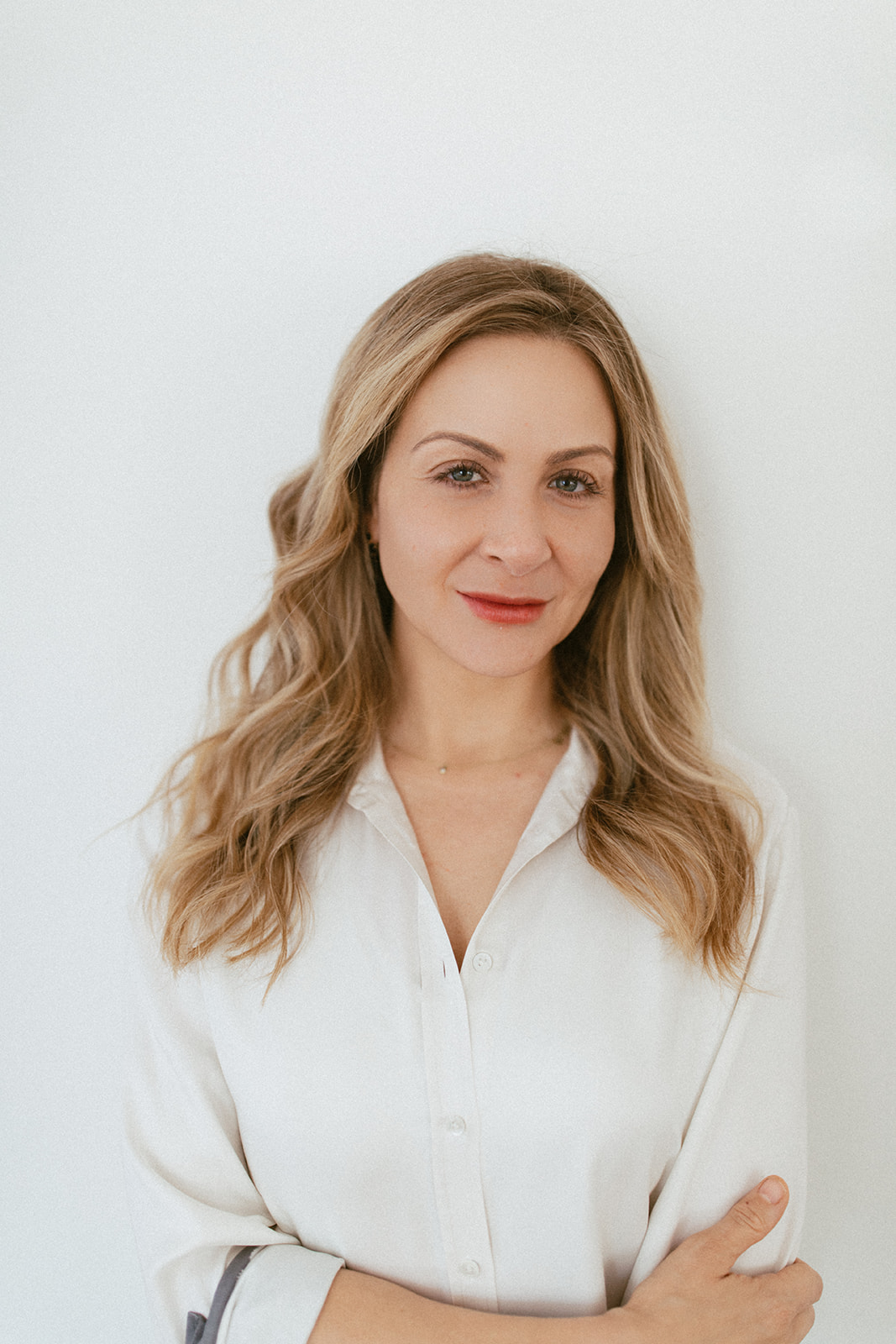I am a licensed Marriage and Family Therapist in private practice, with over seventeen years of education and experience.
I received my undergraduate degree from the University of California Los Angeles and my master’s degree in counseling psychology from Pacifica Graduate Institute. My master’s thesis, The Bell Jar Retort, focused on original qualitative research examining and revisioning the myths of the tortured artist archetype and the connections between creativity, psychic sensitivity, and mental illness.
I have had the recent privilege of belonging to the 18th class of the Harvard Program in Refugee Trauma affiliated with Harvard Medical School. I completed certification in their landmark course, Global Mental Health: Trauma and Recovery. This specialized training focused on the successful multi-disciplinary implementation of innovative and culturally attuned mental health care in conflict and post-conflict regions, communities displaced by climate change and ecocide, and the enduring mental health crisis and collective grief of the COVID-19 pandemic. I am honored to join alumni across 85 countries dedicated to tending to our traumatized human family at the local and global level; envisioning a world of more beauty and belonging for all.
I am currently a senior candidate at the Los Angeles Institute and Society for Psychoanalytic Studies
(LAISPS) where I recently completed four years of post-doctoral level coursework covering a wide breadth of analytic thought. My training at LAISPS included a year-long infant observation, supervised control cases, and my own analysis. I had the honor to be supervised and mentored by Dr. Michael Diamond, Dr. Thomas Helscher, and the late Dr. Charlotte Riley. I was proud to be a founding member of the LAISPS Diversity Affairs Committee as I recognize the urgent need for outreach, inclusion, and reparations to non-majority groups in the psychoanalytic field as well as in the broader psychological community.
I have worked in a wide array of clinical settings treating diverse populations throughout Los Angeles, from homeless and at-risk youth to high profile executives and creative professionals. I was elected by my peers to serve as the Vice President for the International Association of Eating Disorder Professionals (IAEDP) in Los Angeles, and have completed extensive post-graduate specialization training in trauma, eating disorders, and the early developmental ruptures that underlie an impaired capacity for connection to self and to others. I am a champion of treatment that considers mind, body, and the collective and am attuned to the profound impact cultural and transgenerational trauma has on the psyche.
How I Work + What I Believe
While I tailor my approach to each client, my therapeutic orientation is rooted in an integrated depth psychology that draws from the wisdom of multiple contemporary psychoanalytic schools including object relations, relational and intersubjective systems theory, Jungian and Bionian metapsychology, attachment theory, and trauma-informed somatic modalities. This is all to say I have trained rigorously but not religiously. I am trained in and open to multiple ways of listening and relating deeply to facilitate a process that allows one to know themselves in more honest, generous, and expansive ways. I believe in treating the whole person and hold firmly to the principle that one should never forget the unique humanity of a client through the over-valuation of any theory.
Sometimes our pain is wordless. In the last decade the field of trauma therapy has evolved to provide greater relief from trauma through working with the body via “bottom up” approaches. I have studied multiple cutting edge, evidence-based trauma therapies including Stephen Porgess’ polyvagal theory and the innovative aural therapy known as the Safe and Sound Protocol, and the intensive three-year training program to become certified as a Somatic Experiencing Practitioner (SEP) through the Somatic Experiencing Trauma Institute (SETI).
I have taught and practiced yoga for over twenty years and am well versed in mindfulness techniques for emotional regulation and stress-reduction. I am currently pursuing training in Diana Fosha’s integrative psychodynamic model : Accelerated Experiential Dynamic Psychotherapy (AEDP). All these modalities privilege a therapy that invites a relational, experiential exploration of pain and healing versus a more heady, explanatory one. Embodying insights and being helped to feel all our feelings more fully can be a novel and essential approach for people who have an intellectual understanding of their suffering but not a fuller, felt sense of freedom. I have found that somatic, trauma-informed approaches enable and enhance deep psychoanalytic work. I may incorporate these interventions exclusively or in combination given the presenting concern.
After decades of having the privilege to sit with psyches moving through dark nights of the soul I have come to recognize the need for the numinous that often lies at the heart of healing. I appreciate the power of locating oneself in a larger story beyond an individual arc or a too-narrow narrative. I believe each of us are much more than the sum of our symptoms and I have a deep faith in the beauty, resiliency, and potential of the true self.

